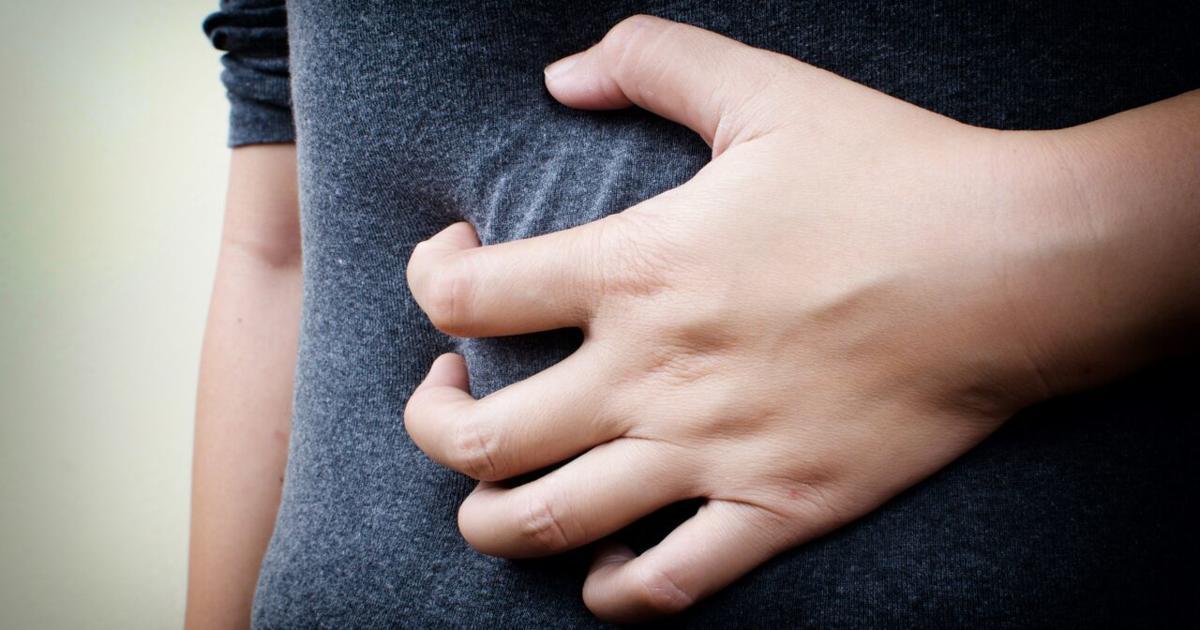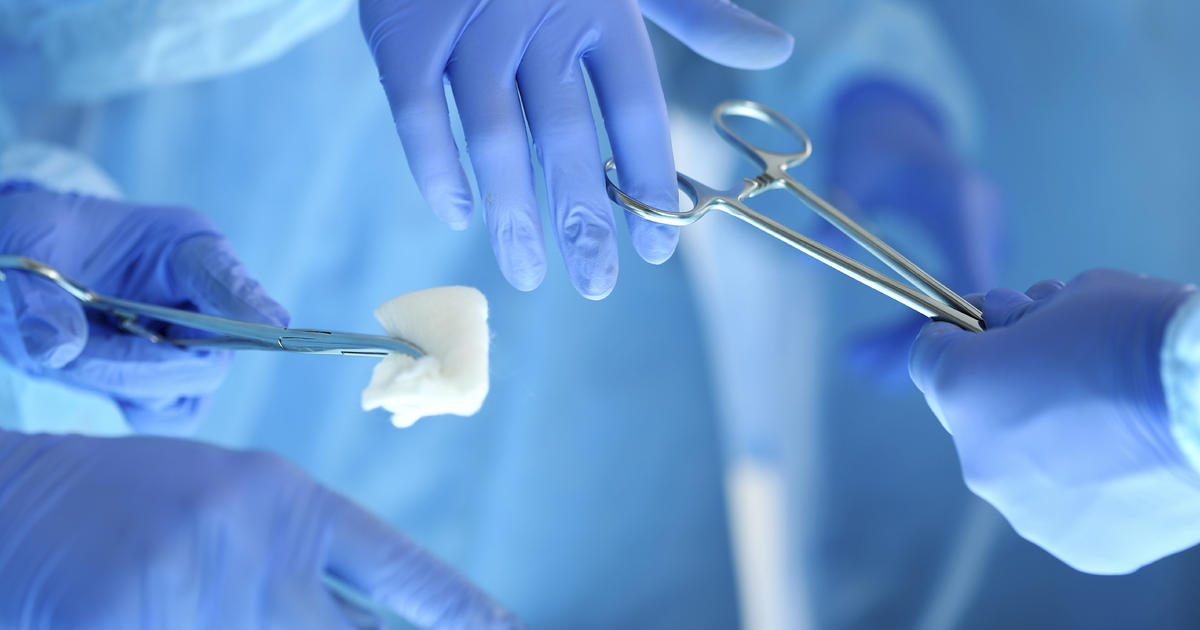What Are Incisional Hernias?
A hernia is an umbrella term that comprises of any protrusion of an organ through a weak spot in the tissue or muscle intended to keep it in its place. This malfunction creates a noticeable bulge in the affected area. Hernias may occur in an individual's belly button, upper thigh, or groin. The tissue or muscle that surrounds an organ to hold it in place is called fascia. When tissue protrudes from any site of a surgical scar in the healing process, it is called an incisional hernia. Incisional hernias are considered a ventral hernia since they most commonly occur in the front of an individual's abdomen following a surgical procedure. Individuals who undergo surgery are most at risk of developing an incisional hernia between three and six months post procedure, while the incision and surrounding tissues are healing. Incisional hernias do not heal on their own and require medical treatment.
Symptoms Of Incisional Hernias

There are a few specific symptoms of incisional hernias that occur in affected individuals. At first, an incisional hernia may start off looking like a small bulge near a healed incision from a recent surgical procedure. The protrusion from the surgical site may include a sensation of aching or burning and may be reddish in color. An incisional hernia is known to produce pain when the affected individual is moving cumbersome or heavy objects, and when they are straining muscles in the affected region. An incisional hernia may cause scar tissue to obstruct a patient's intestines, resulting in constipation. Scar tissue can also result in an infection due to an incisional hernia, which can cause the patient to experience nausea and vomiting. An affected individual who has developed an infection because of this type of hernia may also have a fever and elevated heart rate. An individual who has an incisional hernia may also experience thin, narrow stool or diarrhea as a manifestation of their condition.
Read about the causes of incisional hernias next.
Common Causes Of An Incisional Hernia

Some common causes of an incisional hernia are the result of a surgical incision in the wall of an individual's abdomen not closing correctly following a surgical procedure. There are numerous reasons why the incision from surgery may not heal properly. When an individual starts back up doing physical activities too soon following surgery, the surgical cut may not close correctly. When an individual becomes pregnant prior to the surgical cut fully healing, the incision may not close properly. In addition, a patient who places too much pressure on their abdomen while the surgical incision is still healing can cause it not to close as it should. In some cases, there may not be a clear cause of why a surgical cut has not correctly healed up. Patients who undergo surgery that necessitates a large incision or a surgical operation on an emergent basis are more likely to experience an incisional hernia following the procedure. The skills of the surgeon and the technique used to sew the incision shut are also main factors, as the improper alignment of the wound edges can result in an incisional hernia.
Get more details on incisional hernias now.
